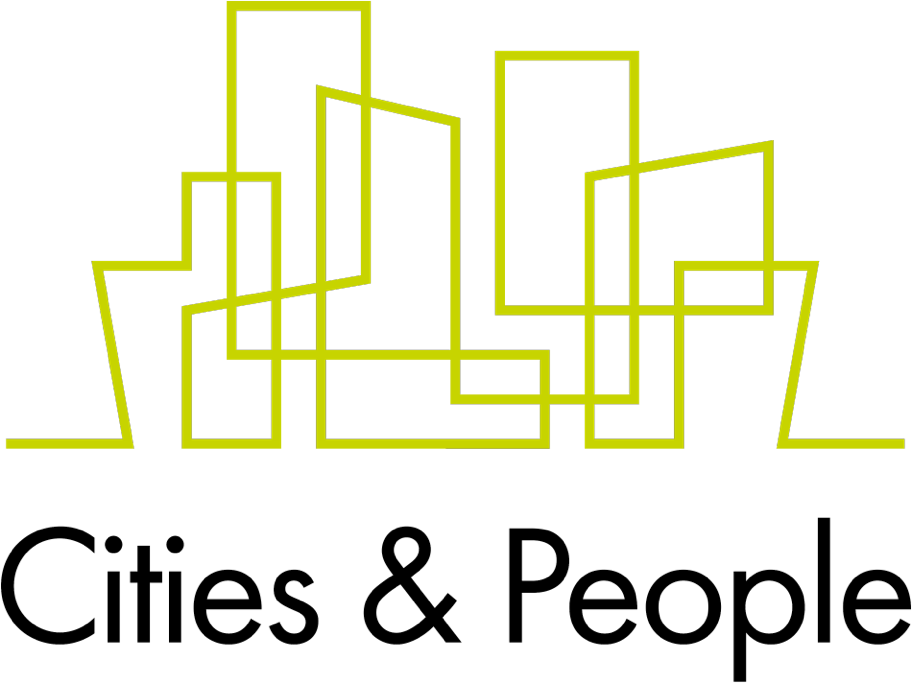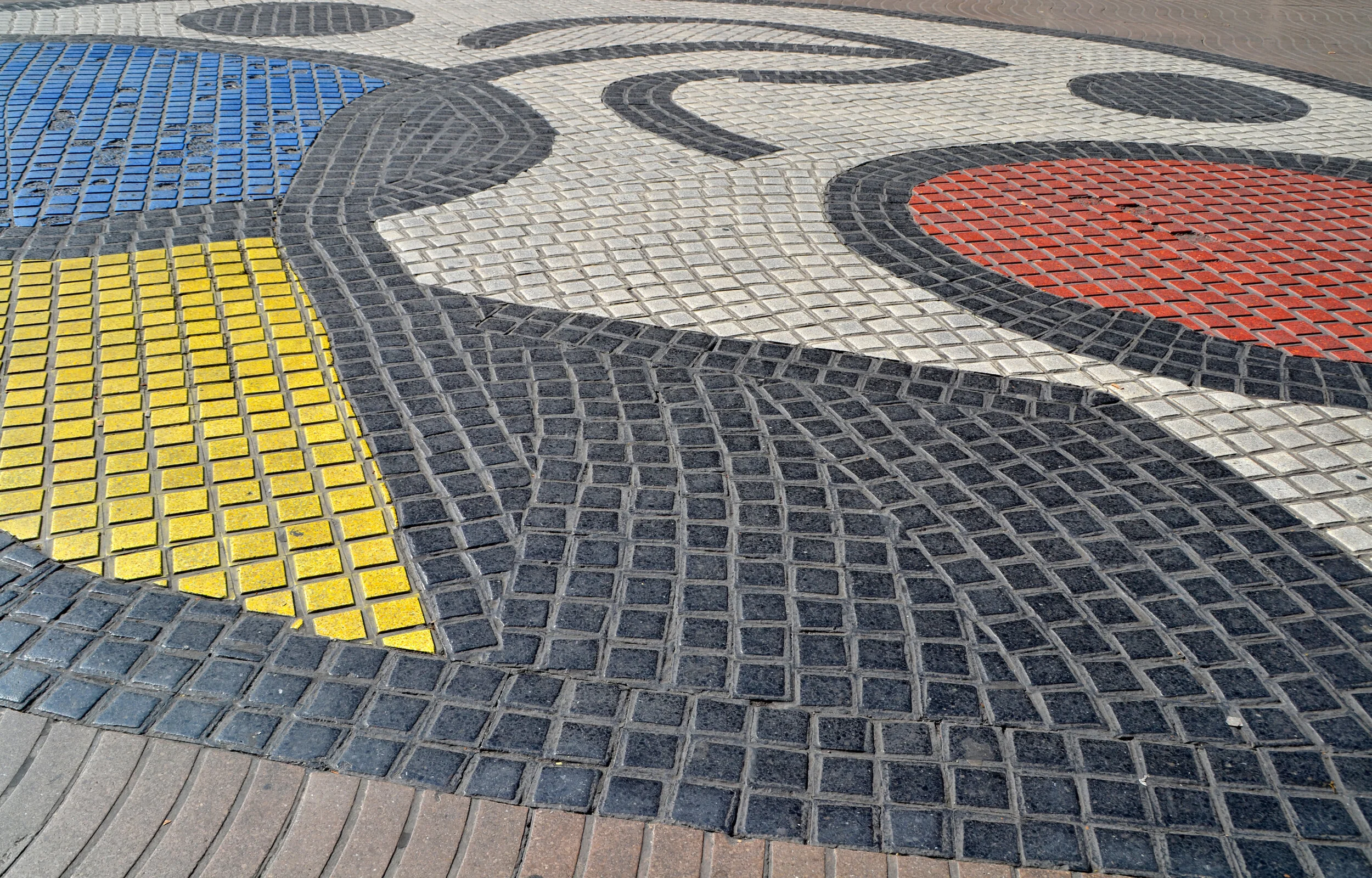I’ve been thinking a lot more about disability movements and policies lately, and about how we can use our resources and knowledge at Cities & People to support and advance those movements and policies. It’s not new territory for me, personally or professionally. But I’ve come across some new works that have redirected my thinking, and I’d like to share them with you.
Read MoreIf all my data were laid out on the floor around me in some fashion, I could never escape its breadth, not even peripherally while honing in on some specific code or case. But when it is tightly nested away from me in folders, I am more likely to pay attention to what is on top, so I have to make sure I'm digging into the backs of those drawers regularly if I'm going to keep my data at the front of my brain.
Read MoreIn every community I've worked in for capacity building, some kind of important community organizing (formal or informal) could be identified prior to my entrance. This work is foundational not only to the when we come to develop programs, but in terms of the information we need to conduct an authentic evaluation of what we think of as "our intervention." What's more, this work is likely to keep happening at some pace and to some scale, whether we are investing from the outside or not.
Read MoreAnd this brings us to here, to me, 54 years later, in the time of COVID and a dying planet, in the time of a bellowing monster of white supremacy who has taken a few arrows but isn't going down easy. In the time of festering patriarchy and unchecked capitalism, and surrounded on all sides by two dozen California wildfires, and to this attempt to lay it bare.
Read MoreBy designing programs that required tens and perhaps even hundreds of people to fly, I was racking up metric tons without even flying the miles myself. I was designing learning communities, for instance, that were dispersing 185 metric tons or more of carbon dioxide into the atmosphere of our vulnerable planet! I want to take my work to scale, but not like this.
Read MoreAdmittedly, I've tried 1,100 ways of talking with people about transformative change through policymaking, with varied responses. I've been most successful with college students, but then again I have had them for as much as 16 weeks of lead up to the big ah-ha moment. More often, I have sixty minutes, and in this particular case I had forty-five. So, here's what I did in the whirlwind.
Read MoreWe can fly with the swallows and bees or we can stay lost in the plastic maze of human-made systems of oppression. But reading Emergent Strategy over and over has convinced me that the swallows and bees are coming back, and so I choose the murmuration. And I hope that others who read brown's book will also, even if it takes them some time to let their inner control freak go so they can get through it.
Read MoreThe whole point of learning about the system of oppression was so that we could see how it organizes us. When you see how you and others are being organized by the logic of white supremacy, patriarchy, imperialism, and capitalism, then you are in a better position to develop an intervention – to fight back strategically rather than to merely react to what is loudest or most appalling.
Read MoreEarlier in the week, I asked my students, "When was the last time you intentionally read something that you knew in advance you would strongly disagree with?" I got thirty-five blank stares. And I wasn't surprised. Under what circumstances in our contemporary American society would they come across a reason to do that? When they see something they don't like, they swipe left and it's gone.
Read MoreThe need to engage verstehen (or empathic neutrality) is equally important whether my "subject" is someone with whom I'm already inclined to empathize (like the young woman in the park) or someone with whom it is very difficult for me to empathize. And so it was verstehen that I called upon later in the week when I found myself in the backseat of a cab being driven by an outspoken white nationalist.
Read MoreI'm with you, Senator Harris. Let's go! But, how? We can all agree that we must act quickly and strategically in the work we are doing right now to protect our communities, but the way forward is murky at best. Over the last few days I've been checking in with my clients, and in one way or another the conversation ultimately lands on, "What makes sense now?" As we've all pretty much figured out at this point, our "now" is wholly unlike any moment before.
Read More









